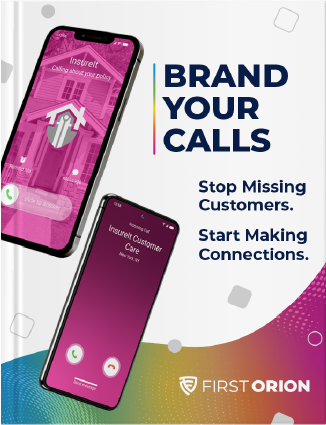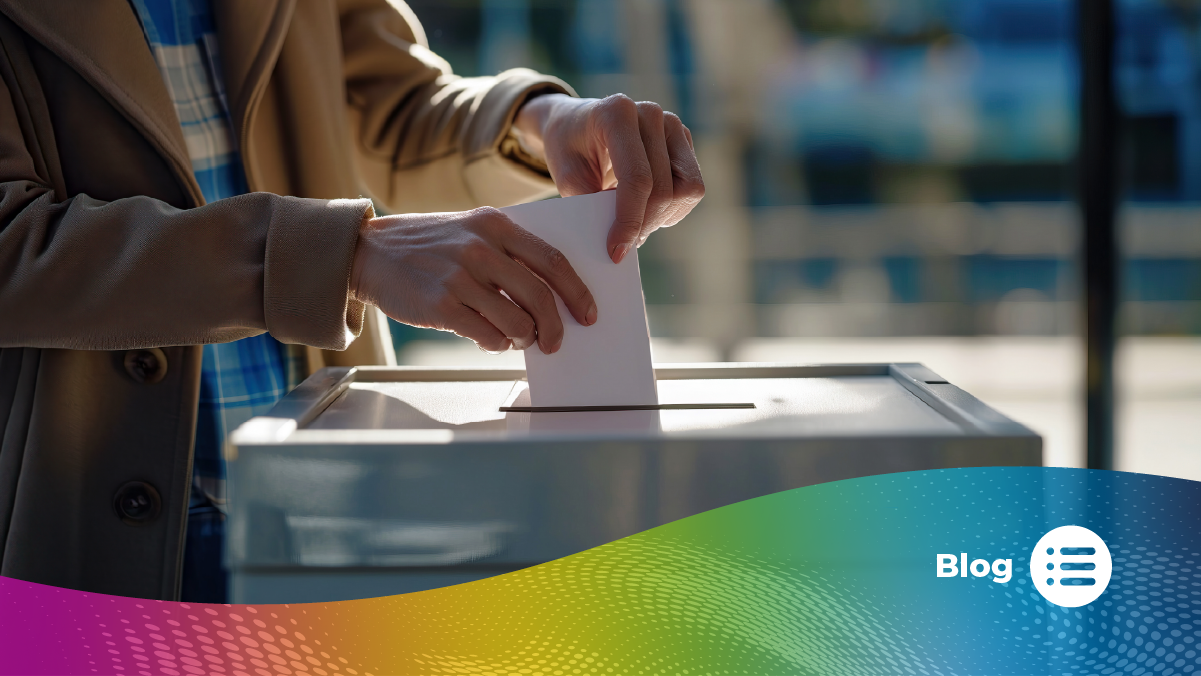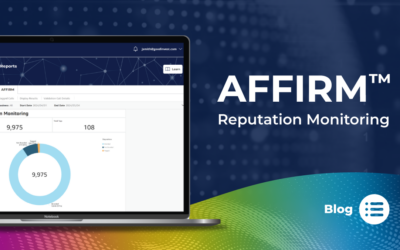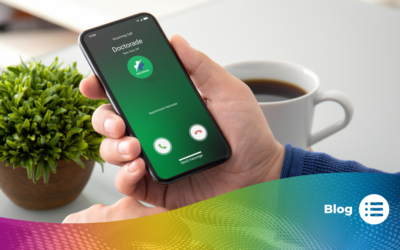Updated on 3/13/2024
Election season is here – and with the world watching the upcoming elections, scammers have taken note. We’ve researched the top ways scammers are taking advantage of the U.S. political climate, and how you can protect yourself from fraud.
The Voter Registration Scam
Even if your state has already reached its registration deadline, you could be a target of a phone scam focusing on the registration process.
In 2018, The New York State Board of Elections warned residents that scammers were contacting people to register over the phone. Their goal? To coerce people into giving up personal information by pretending to be government officials.
Here’s the thing – you can’t register to vote over the phone in any state. Scammers count on people who are confused by the election process, eager to register, and willing to give up their Social Security Numbers. Public officials already have a voter list, so they have no reason to call and request more information.
If you know that your state’s registration deadline has passed, it’s pretty easy to hang up on these “volunteers.” If you’re not sure, check your state’s requirements at https://vote.gov/ before you give up any personal info, or contact your County Elections Office. You can also check to see your voter registration status here. The safest bet? Never provide personal information over a text or call (and register in person or online).
The AI Scam
Prior to the 2024 Primary election in New Hampshire, a robocall scam that used artificial intelligence to mimic President Joe Biden’s voice made its way across the state. The voice on the other end sounded identical to the President’s, but its goal was to discourage voters in the state from voting in the Tuesday primary election.
New Hampshire’s Attorney General, John Formella, said the illegal robocall was sent to multiple voters with the goal of disrupting or suppressing voters.
Here’s an excerpt from the AI scam: “Voting this Tuesday only enables the Republicans in their quest to elect Donald Trump again,” the voice mimicking Biden says. “Your vote makes a difference in November, not this Tuesday.”
As AI technology becomes more and more prevalent in our society, with products from Meta, Google, and OpenAI’s ChatGPT, there’s also an increased risk of generative AI deepfake technology being used for nefarious causes.
The technology also has the capability of mimicking family members or friends, making it even more dangerous and possible to trick people into giving away sensitive personal information.
Here are some tips to help protect yourself from rising AI scams:
- Be skeptical of any phone calls that sound like a trusted contact but sound too good – or too bad – to be true.
- If you think the person on the other line is a scammer, hang up and call them back to check.
- Never give out sensitive information unless you’re completely sure you know who is on the other line.
The Donation Scam
Another scam we’ve found goes after donors looking to sway the vote. Some of the closest local races have people more energized than ever to donate, and scammers hope they’ll get a portion of those funds. You get a call from someone posing as a volunteer for a particular candidate or political party asking for last-minute donations; with spoofing technology, it may be difficult to discern if a call is legitimate.
Political groups are exempt from the Do Not Call Registry (and scammers don’t play by the rules), so it could be easy to mistake this call for real. Scammers might even know your political affiliation and use that as leverage to convince you to give.
If you suspect someone is impersonating a political party, volunteer, or candidate, get their phone number and check it online before committing to donating. You can always call them back – or play it safe and donate through their website, phone them directly, or mail them a check.
The Survey Scam
“Do you have a minute to talk about the upcoming election?” Plenty of legitimate companies make polling and survey calls during election season. So it should come as no surprise that scammers are taking a page from that playbook to steal. A phony pollster will claim they’re surveying on behalf of one of the parties, an organization, or the media – and they like to choose a hot-button topic to fire you up.
Here’s where the scam goes south – they’ll offer rewards like “free cruise tickets” for your cooperation. The actual survey will be short and sweet because the real bait is the incentives. It’s just a new version of the common free vacation scam wrapped under the guise of being a political call. Once they’ve completed the questions, victims are told their tickets will be sent as soon as they verify credit card details to cover “taxes and fees.” Legitimate pollsters will never offer prizes for your answers, and they’ll never ask for your bank or credit card details.
And watch out – these types of calls could continue after the election as “post-election opinion surveys.” Feel free to give them your opinion – just not your money.
The Vote by Phone Scam
It would be nice if voting were as easy as answering a call, but the fact is, you can’t vote by phone. This scam is less about your personal information or money, and more a dirty tactic to try and stop people from voting altogether. Con artists target people likely to vote for the opposing party, tell them they can “vote by phone” and leave them believing they’ve actually cast a ballot, so they don’t go to the polls on voting day.
(Yeah, don’t do that. It’s super illegal)
If someone calls you asking you to vote over the phone, report their number to the FTC – and make sure you get out before Election Day to cast a real ballot.
First Orion is doing its part to clean up the scam and spoof calls this election season. If your cell phone provider is part of our team, legitimate political calls will be labeled “Political Call” or “Survey Call.” Informational calls will be labeled as such. And the known scammers? They’ll be slapped with a good ole “Scam Likely” ID.
Are You a Business Owner? Register Your Numbers to Protect Your Calls
If you’re not properly registering your numbers, there’s a chance that you could be accidentally labeled as a scam call. If you’re a non-profit attempting to get people to sign up to vote, that’s no good!
Registering your number through a Customer Portal, such as ours, will help to avoid labels like “Scam Likely.”
But keep in mind that registering isn’t a cure-all. You still need to follow best practices for outbound calling.
To register your business numbers and prevent scam mislabeling, check out our Customer Portal. It’s free to register your numbers and only takes a few minutes to complete.




